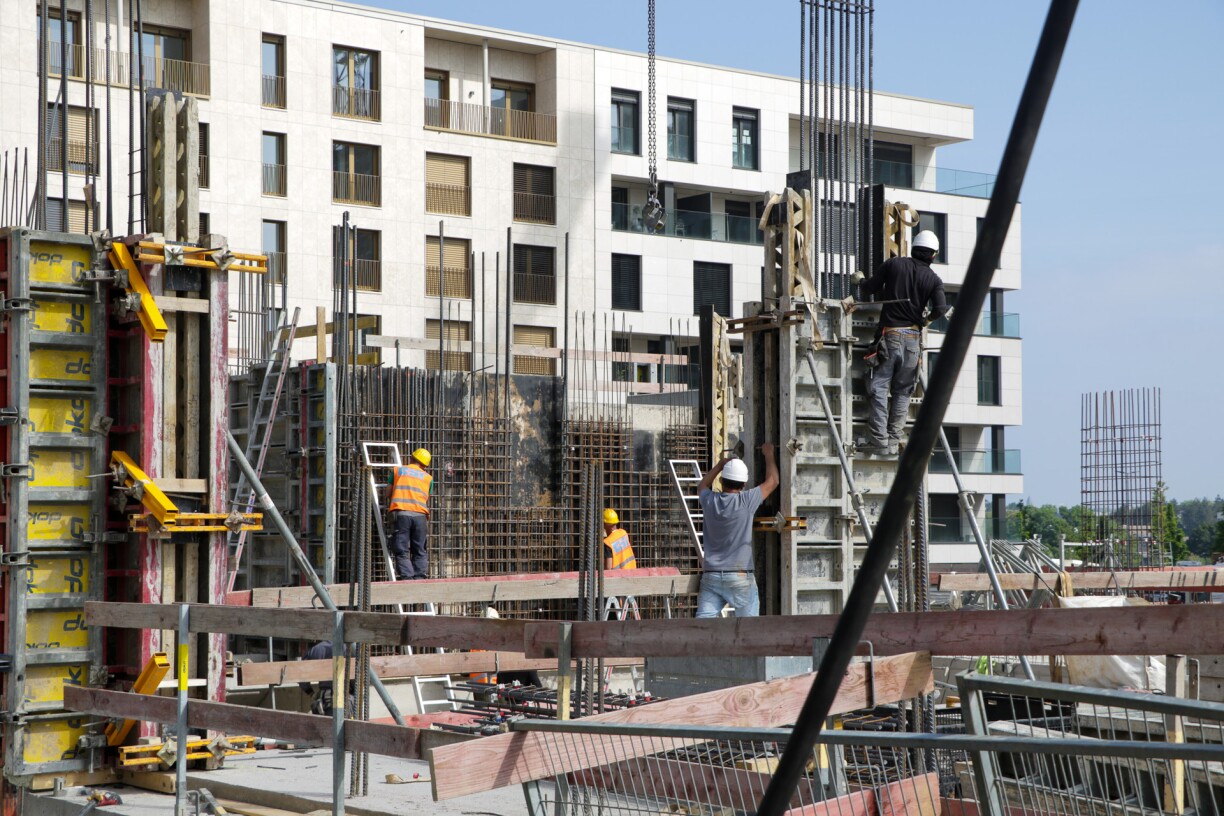
Described as a “complete paradigm shift,” the property market faced significant upheaval in 2023, from which it has yet to fully recover. Bankruptcies within the construction sector and the introduction of a government aid package at the start of the year underscore this challenge.
Recently, the Idea Foundation released findings from its “economic consensus,” gathering insights from 119 economic decision-makers, politicians, social partners, and economists to address Luxembourg’s key political challenges. Among these, the issue of housing naturally featured prominently.
Surprising many, the consultation revealed that 58% of respondents advocated for a minimum 10% decrease in property prices in 2024, with an additional 25% adopting a neutral stance. Only 6% firmly opposed such a reduction, while 11% stated they “rather disagreed” with the statement.
While this “economic consensus” has no impact on the property market, it signals a shifting mindset regarding housing dynamics.
Julien Licheron, a researcher at the Luxembourg Institute of Socio-Economic Research (LISER), previously highlighted the necessity of price adjustment, noting in a June 2023 interview with our colleagues from RTL Infos that “demand is there, but not at current price levels.” Since then, the situation has changed little.
The road to recovery remains distant, with the housing package, albeit retroactive, showing limited effectiveness in catalysing the desired outcomes. The Idea Foundation also probed panellists on this matter, revealing a general scepticism regarding the package’s ability to reinvigorate the construction sector, as outlined in the report accompanied by a graph.
It is crucial to note that these measures are limited in time, with many slated to expire by year-end. This timeline leaves scant room for potential investors and buyers to deliberate. Additionally, amidst uncertain monetary policies, the prospect of interest rate adjustments looms uncertain, potentially delaying any significant market shifts for months to come.
In the absence of intervention from the European Central Bank in the foreseeable future, developers may find themselves compelled to adjust marketing prices or offload projects to the highest bidder. This could create a new window of opportunity for the Luxembourg government to expand its inventory of affordable housing.